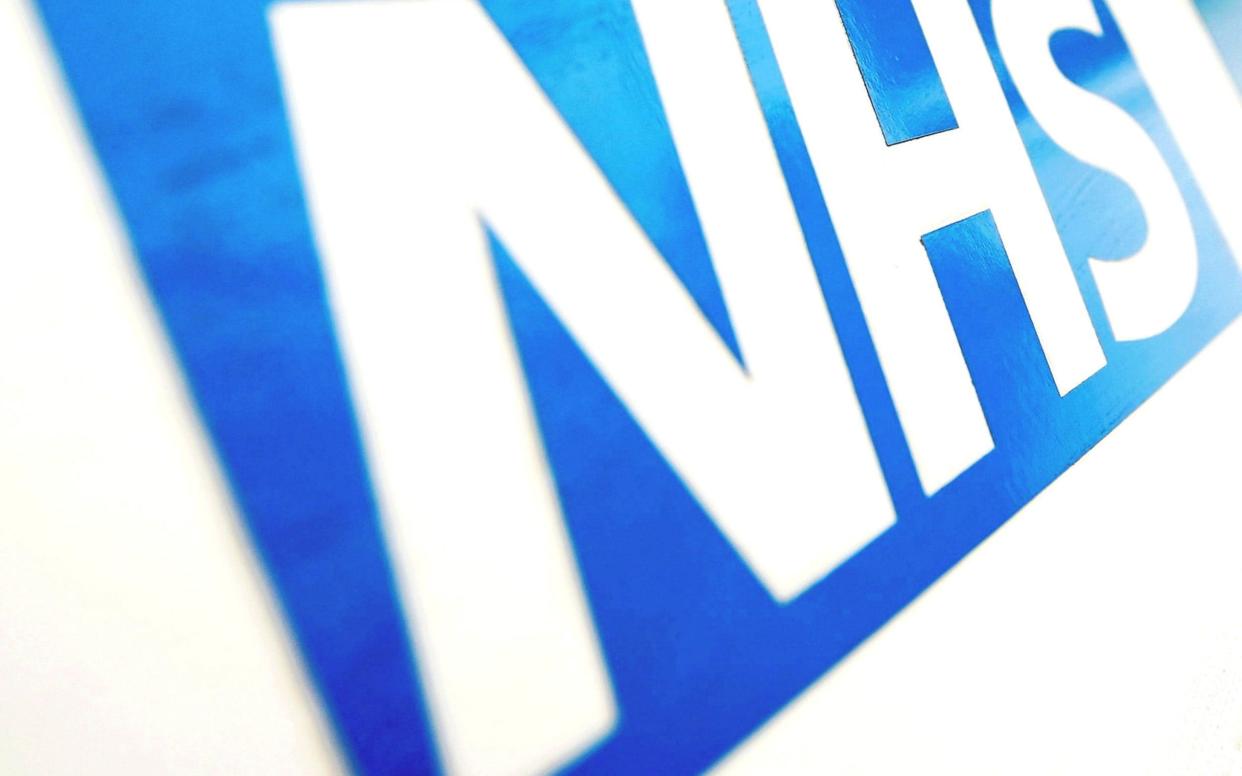NHS trust at centre of maternity scandal has highest death rates

The NHS trust facing questions over seven preventable baby deaths has recorded the worst mortality rate for units of its type, official figures show.
East Kent NHS foundation trust has apologised and admitted it has "not always provided the right standard of care" in its maternity services, after significant concerns were reported.
A national audit of mortality rates shows that the trust has the highest perinatal mortality rate - the total of still births and baby deaths within 28 days of birth - of all units with comparable services.
Today an inquest into the death of baby Harry Firchford in 2017 is expected to be critical of the trust.
Doctors have told the coroner of panic in the operating theatre during his caesarean.
The child suffered a severe lack of oxygen and brain damage after a delay of more than 25 minutes in helping him breathe.
His mother told the inquest: "I was on a operating table listening to a room full of panicking people.
The BBC has reported seven preventable baby deaths at the trust in recent years, and highlighted a damning review of the unit by the Royal College of Obstetricians and Gynaecologists.
The 2015 review found consultants were failing to carry out labour ward rounds, review cases, and rarely attending training.
The trust consists of five hospitals and community clinics and almost 7,000 babies are born there each year.
A national audit called the Confidential Enquiry into Maternal Deaths in the UK shows that in 2017, the last year for which figures are available, its perinatal death rates were the highest in the country of trusts offering comparable maternity services.
The trust was placed into special measures in 2014 following an inspection by the Care Quality Commission which rated its care, including maternity services, as inadequate.
Subsequent CQC reports have rated it as Requires Improvement.
In 2015, the trust’s medical director asked experts from the Royal College of Obstetricians and Gynaecologists to review maternity care, amid "concerns over the working culture".
Their review said consultants were failing to carry out labour ward rounds, review women, and were rarely attending training on monitoring of babies.
The trust said: "We have been making changes to improve our maternity service for a number of years.
"Every baby and every family is important to us. We recognise that we need to improve the speed of change.
"We express our heartfelt condolences to every family that has lost a loved one and we wholeheartedly apologise to families for whom we could have done things differently."
The BBC has highlighted series of other preventable deaths and safety incidents at the trust’s maternity services.
Archie Powell died on 14 February 2019, aged four days.
Medics treated him for a bowel problem, failing to spot he was actually suffering from a common infection, group B streptococcus. The delay in treating Archie's infection caused severe brain damage, and he died after being transferred to a neo-natal unit.
An internal investigation by the trust found his death "potentially avoidable".
Archie’s mother Dawn said: "We've just got this void in our lives where he should be."
Tallulah-Rai Edwards died on 28 January 2019, stillborn. In the 36th week of pregnancy, her mother became anxious about the baby's slowed movement and went to hospital.
Despite struggling to get a good heart-rate reading on the cardiotocography (CTG) machine, midwives sent her home, saying they were satisfied with what they recorded.
Two days later, when her mother returned to the hospital, insisting on further monitoring, her baby was found to have died
An internal investigation found: "The CTG should have been continued for longer and an ultrasound arranged."
Tallulah-Rai's father, Nick, said: "We have to live with it, for the rest of our lives. They don't. They've probably forgotten who we are now."

